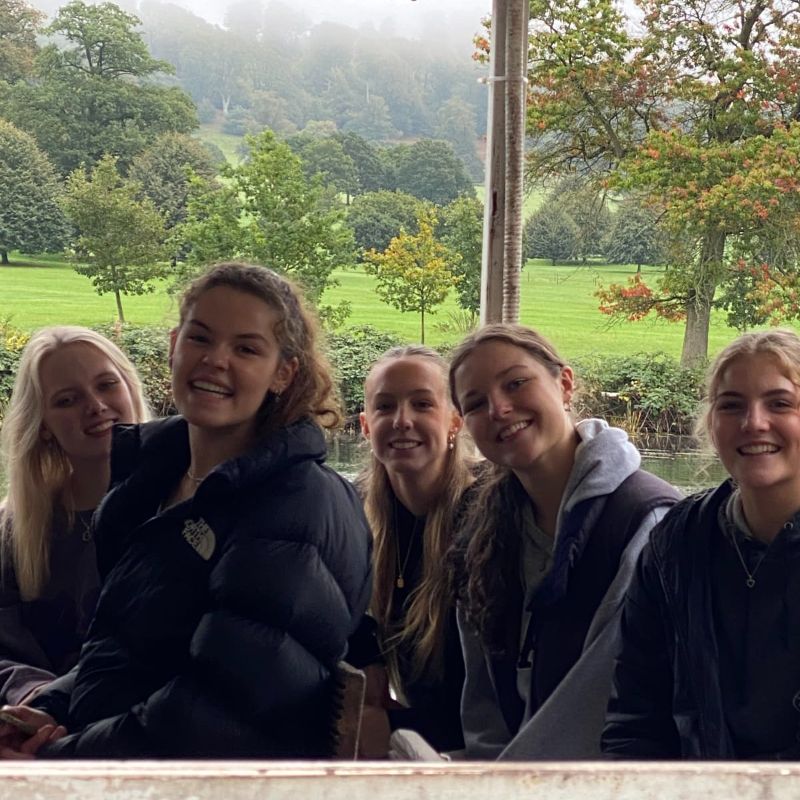We apologise but there was a problem sending your message. Please contact customer support at [email protected]
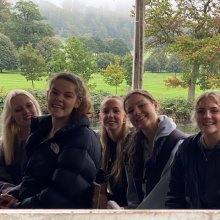
Last Thursday, Sixth Form Biologists were fortunate enough to embark on a trip to Longleat's Wildlife Conservation Student Conference. This was an exciting opportunity to learn about areas within the A level specification such as the conservation of red pandas in Nepal and the Rhino Conservation in Kenya, as well as other intriguing breeding programmes run at Longleat itself, such as the reintroduction of the water vole. In addition, we had the highly awaited opportunity to explore the estate and discover the wildlife it has to offer.
The Red Panda Network, a case study in the A level specification, is committed to the conservation of wild red pandas and their habitat through the education and empowerment of local communities. The speaker at the conference was very experienced in the area as she had worked and volunteered in Nepal, contributing to the conservation of these endangered species. She discussed how the charity aims to reduce human dependency on the forest by providing improved cooking stoves which require less wood for fuel, combatting the deforestation in Nepal which causes significant destruction to red pandas' habitats. In addition, we learnt how the education of the local community can help conserve the species.
The species of the water vole is devastatingly almost extinct in the wild, however in June 2022 the first re-introduction of microchipped water voles took place at Longleat. The speakers at the conference taught us about the different types of release of these animals. Around 40 of the species were released using the soft release mechanism, where they are put in a temporary pen for a short amount of time with food, water and a mate and are allowed to leave in their own time. By the time some of these water voles left the pen they were already pregnant. The other ten individuals were released using the hard release mechanism, being released directly into their permanent habitat on arrival. The Longleat Estate is a diverse habitat which will help these animals to prosper and become part of the local landscape once more. Further releases have taken place to try and ensure the strongest and most genetically viable population possible.
Finally, Longleat has recently introduced its own koala conservation project, the eight individuals which can be found at the wildlife park are the only southern koalas in Europe. The speaker himself formed a partnership with the south Australian government and Koala Life charity which allowed them to introduce the species to the estate. The 70 mph bush fires which were causing devastation in Australia in 2020 put the koala along with many other species at risk. The speaker took a 24-hour flight to the site of the tragedy to aid the destruction, with him and his colleagues finding three orphaned koalas as well as an echidna.
After the conference, we embarked on a short excursion on the thrilling "Rockin' Rhinos" rollercoaster. Then, we went off and discovered all the wildlife the estate has to offer. Entering the Jungle Adventure enclosure, we found ourselves surrounded by multitudes of intriguing species such as meerkats, snakes, porcupines, anteaters, otters and we even got a selfie with a sloth! The firm favourite, however, had to be the koalas burrowed in the eucalyptus leaves. Those of us brave enough then eagerly boarded a jungle cruise where we fed some Californian sea lions, saw a hippo and some monkeys.
We would like to say thank you to Mrs Munnings and Mrs Haynes for a fabulous trip!
Annabel (U6CSK)




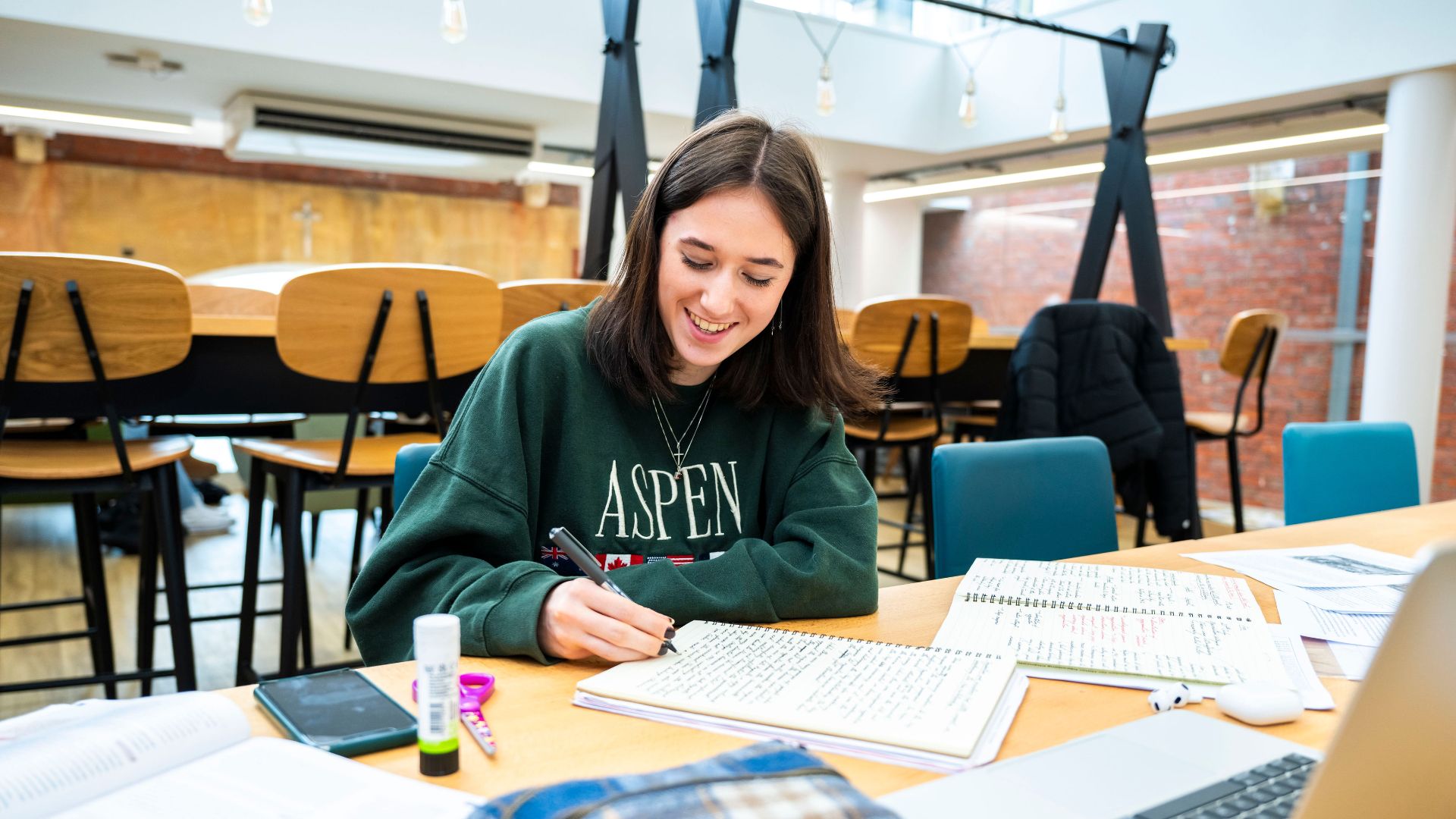
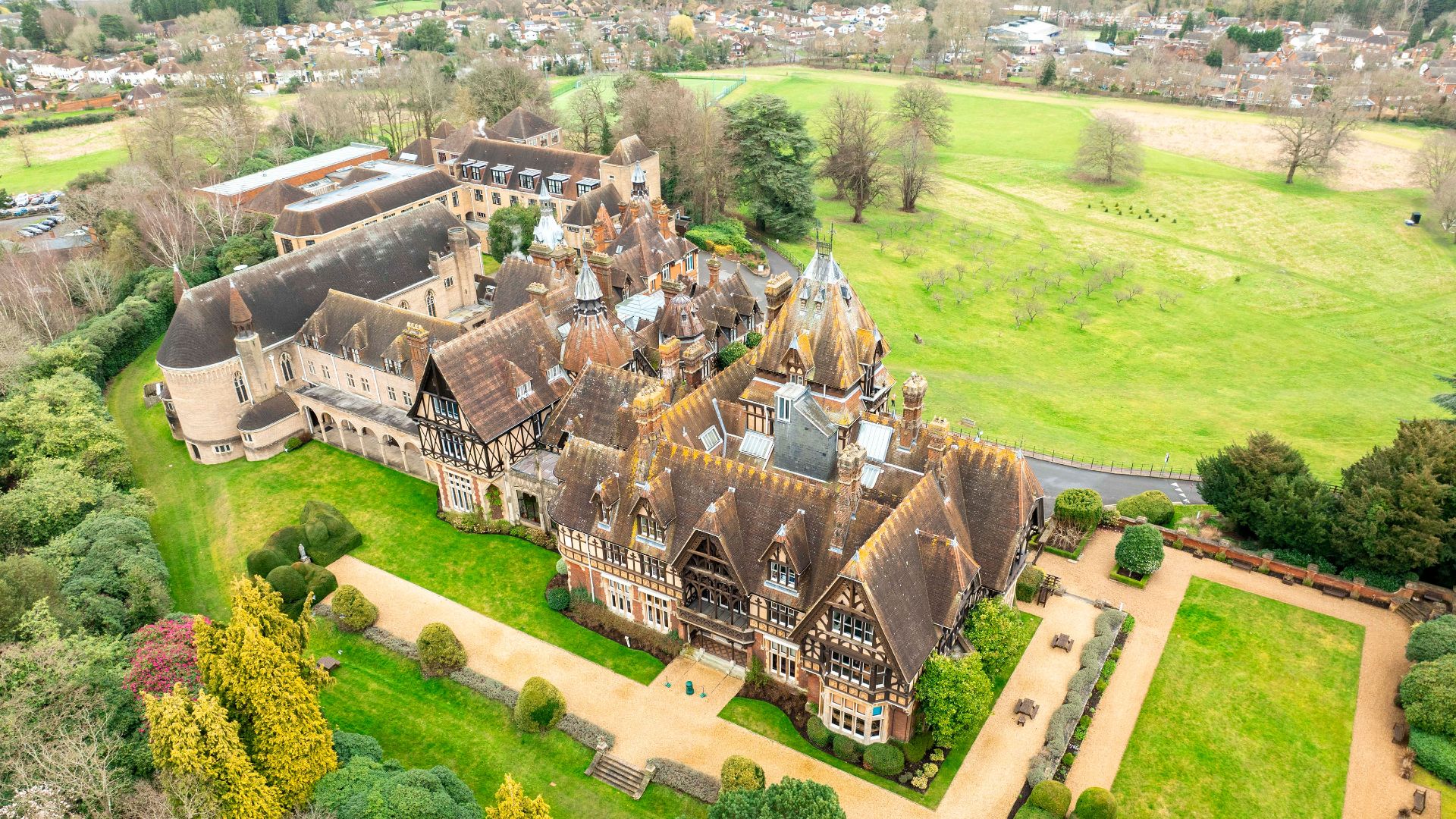

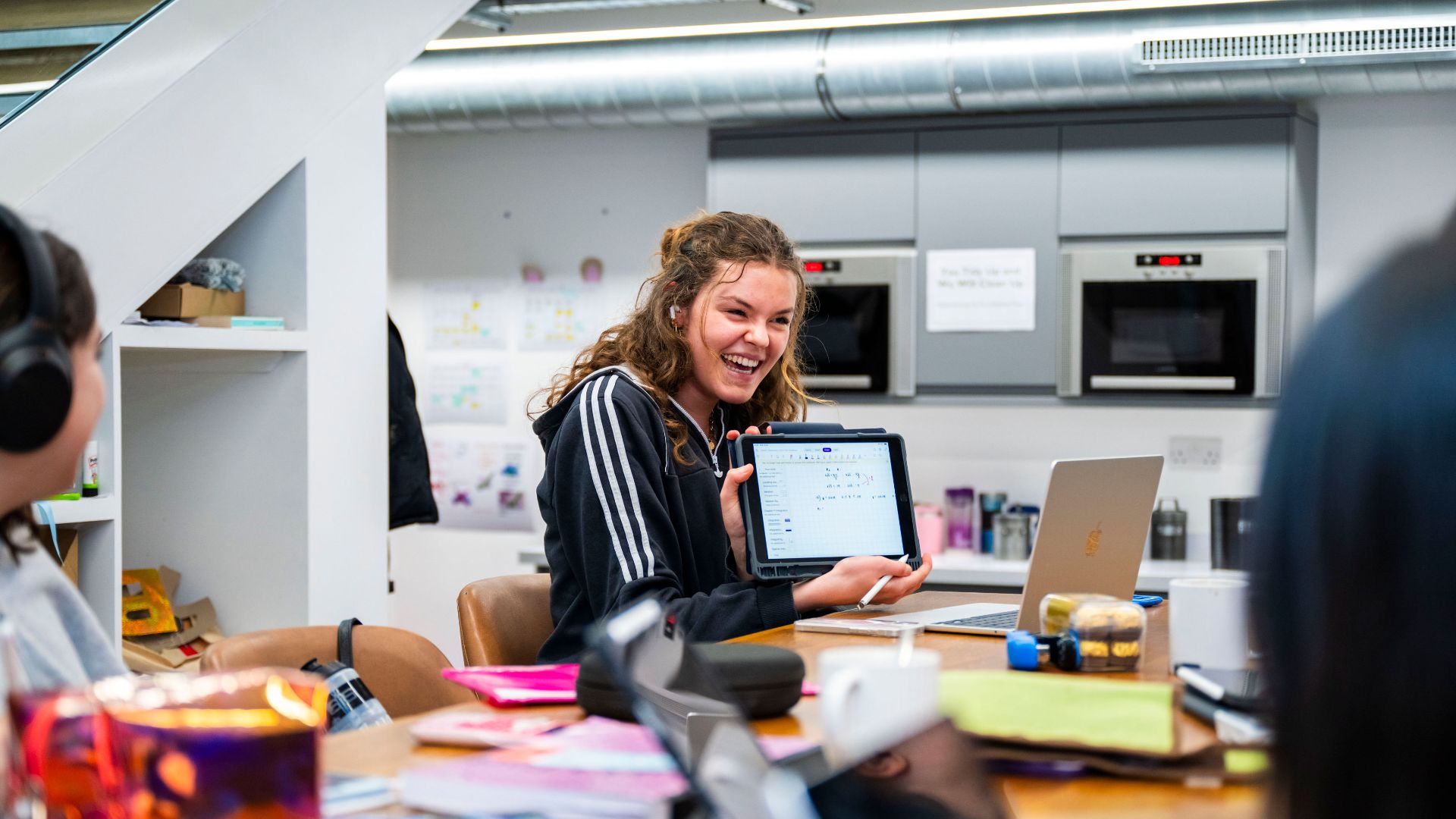


.jpeg&command_2=resize&height_2=85)

















